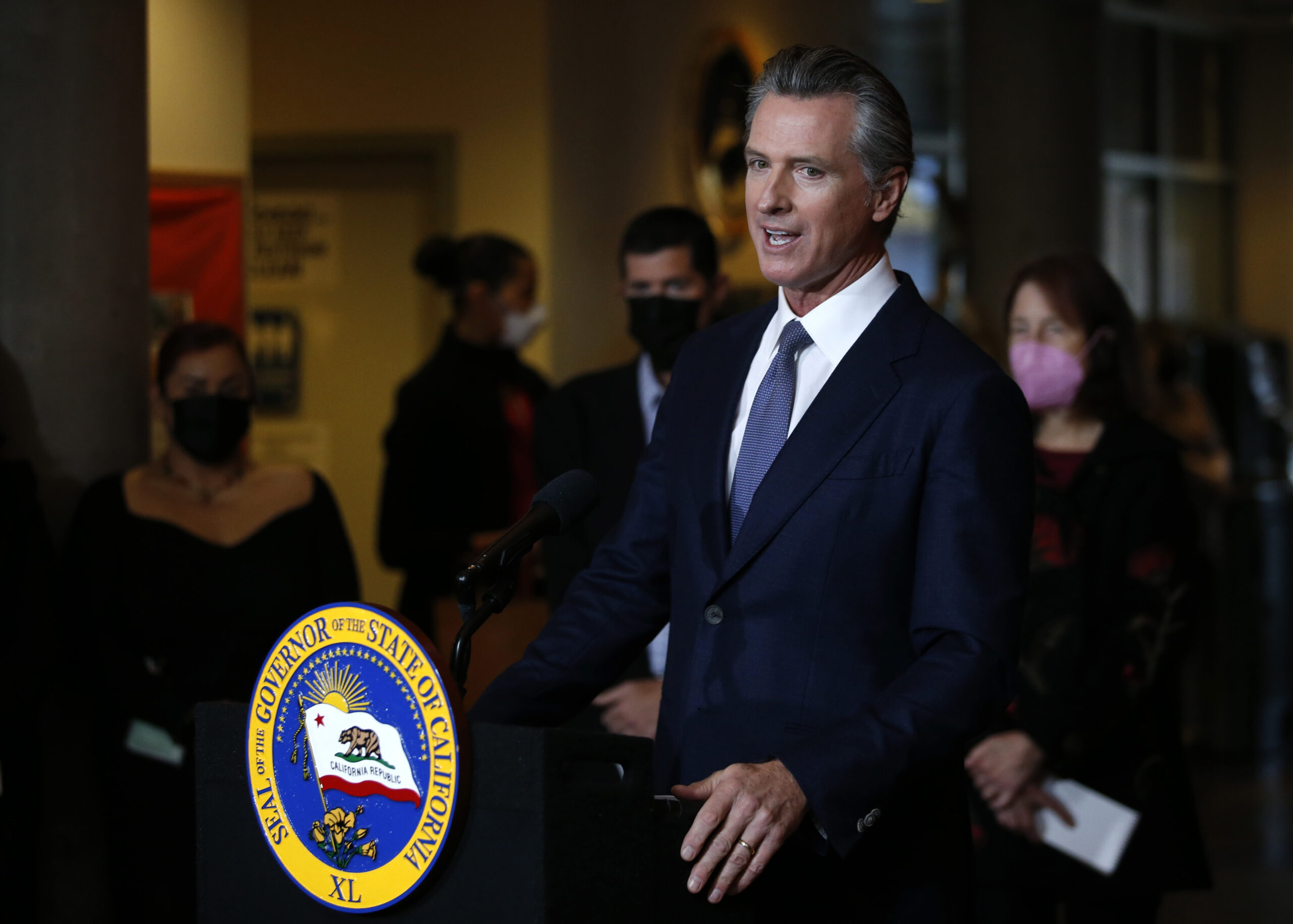Gov. Gavin Newsom unveiled his proposed state budget Monday while also announcing a $46 billion surplus that could bolster San Francisco’s pandemic response, increase school funding and help build more affordable housing.
Outlined in a more than 400-page document, the $286.4 billion budget—a 9% increase in spending from last year—would invest heavily in priorities like combating the spread of Covid and addressing climate change, as well as investing in schools, housing and crime prevention.
Specific to San Francisco, the governor targeted an increase of $10 million to the UC San Francisco Dyslexia Center and $2 million to UC Hastings College of the Law. While the full impact of Newsom’s budget on the city is not yet clear, state-run programs like Covid testing sites and schools, which are funded with state dollars, will reevaluate their budgets in light of Newsom’s announcement.
“This year we are in a substantially better place than we projected last January,” Newsom said during a virtual press conference.
Monday’s budget release is just the first step in the process—the spending priorities will be revised in May before being finalized and approved by the Legislature in mid-June. Here’s a quick breakdown of where some of the money may go and how it could affect San Francisco:
